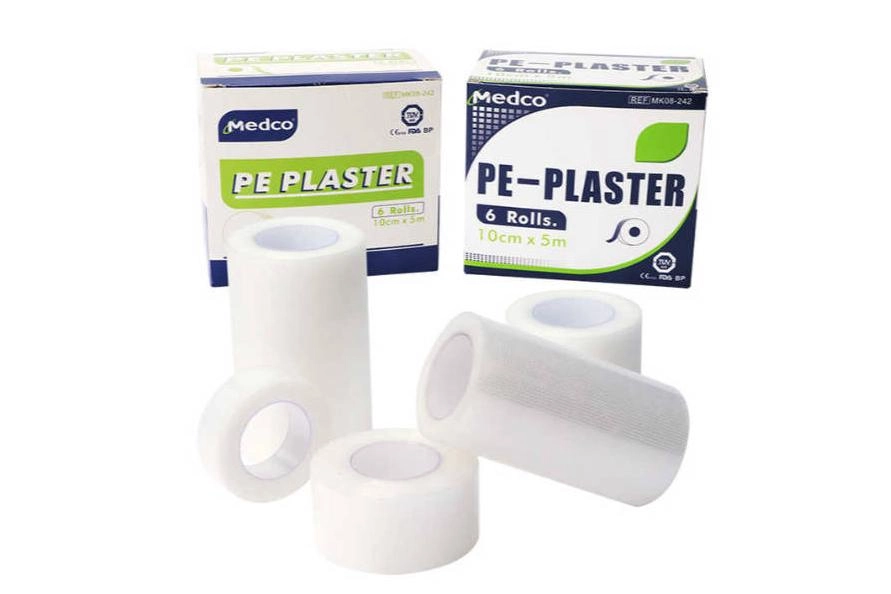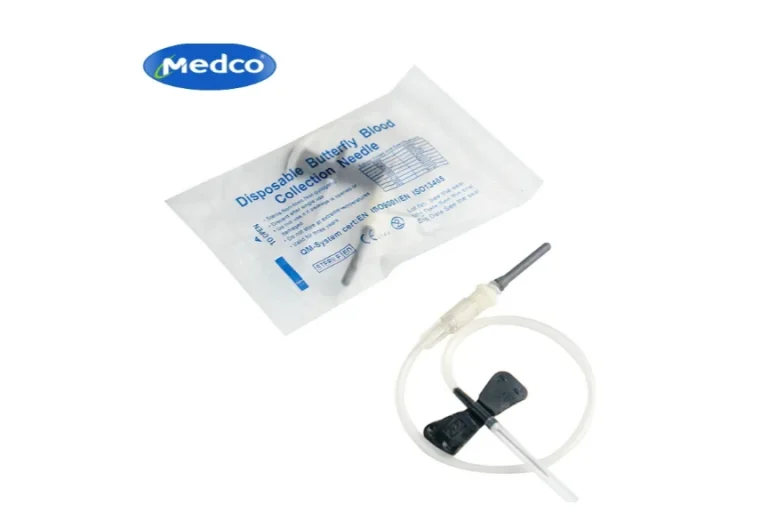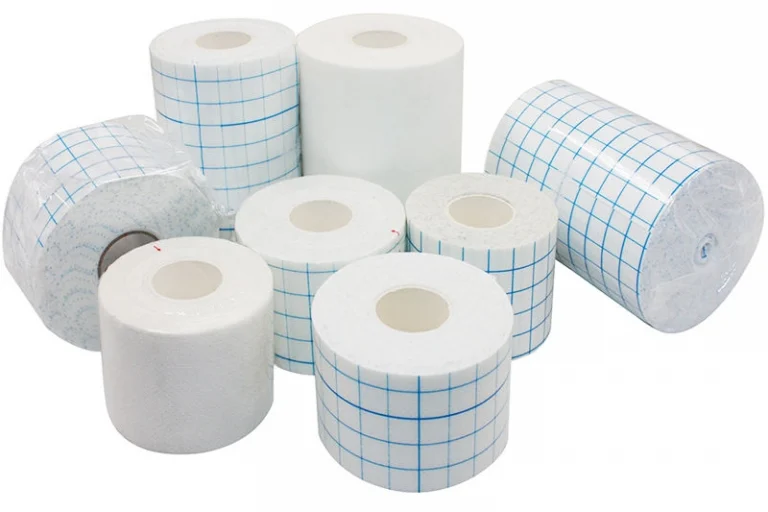
The Importance of Wound Protection While Swimming
Swimming is a hobby for many people; however it can be risky for those with cuts or sores on their skin due to the possibility of infection.
Understanding the Risks of Swimming with Open Wounds
Swimming in pool water or natural bodies of water may potentially expose the wound to various toxic substances like chemicals and bacteria that may cause infections and also inhibit healing processes.Naturally, chlorine in pool water kills germs. It might also cause irritation on wounds that prevents the natural healing process.At the same time, saltwater from seas or lakes might potentially cause inconvenience and additional irritation on wounds as well.
Besides, cuts and scrapes may let waterborne bacteria enter your body, which can lead to infections like swimmer ears or even serious infections that are medically necessary. You should thus keep the wounds covered while you swim or participate in water sports so that you can remain healthy.
Benefits of Using Water-Resistant Bandages in Aquatic Environments
Waterproof bandages are specially made to defend wounds against water and pollutants in water environments. They create a barrier that prohibits water from accessing the wound and hence decrease the chances of infection. They also assist in creating conditions for faster healing by shielding the wound from drying out.
Moreover, waterproof bandages are also designed to stick when submerged underwater. In this way, they stay firmly attached during the swimming periods that offer protection without frequent need to be re-applied. They are effective and robust and are a worthy addition for individuals seeking to cover their wounds while swimming.
How to Choose the Right Water-Resistant Bandage for Swimming
Choosing the waterproof bandage requires grasping the essential elements that improve safety and ease during water-based endeavors.
Key Features to Look For in a Water-Resistant Bandage
Adhesive Strength and Durability
One key aspect of a bandage is its ability to stick firmly to the skin even when wet or during physical activity like swimming.
Ensuring longevity is key; a sturdy bandage should endure both water contact and the friction caused by movements in environments to prevent tearing or damage over time and provide reliable protection for an extended duration.
Material Composition and Comfort
The components of a bandage play a role in how well it works and how comfortable it feels when worn. Materials such,as polyurethane and silicone are popular choices because they are waterproof and breathable. These materials let moisture escape while preventing external water from seeping in.
Ensuring comfort is important too. The bandage should be soft on the skin to avoid irritation or allergies and a snug fit helps in using it for continuous wound protection.
Size and Shape Options
Bandages that are resistant to water are available in a range of sizes and shapes to fit types of wounds and areas on the body adequately covering the wound area without any gaps for water to get in.
Different forms like bands or custom shapes are designed to meet requirements such as cuts on fingers or bigger scrapes on limbs. When choosing the size and shape improves both the effectiveness of protection and the comfort of the user during swimming sessions.
Comparing Different Brands and Types of Bandages
When evaluating brands and varieties of waterproof bandages, it’s important to take into account customer feedback, product details and pricing. Certain popular brands provide options designed for swimming featuring improved adhesive qualities and innovative material choices.
Analyzing feedback from customers gives us information on how well products stick over time and how comfortable they are to wear while also looking into their overall satisfaction levels with specific items available to them in the market today. Furthermore on top of that point made earlier regarding customer feedback importance is the need to also consider cost effectiveness when deciding which options present the value without sacrificing quality or meeting protection standards expected by consumers.
By taking into account aspects like how well it sticks on and what its made of as well as the different sizes available and comparing brands by looking at what users say about them—people can choose the right waterproof bandage for swimming to keep themselves healthy while having fun in the water.
Tips for Using Water Resistant Bandages Effectively
Proper Application Techniques
For water bandages to work well and stay in place securely on a section of the wound without coming off too early because of poor adhesion caused by wetness or debris interfering with the adhesive part of the bandage surface when you put them on properly do this; First, cleaning and drying the wound area thoroughly before wearing the bandage so that it adheres well and stays in place as intended for effective protection against water and bacteria.
Place the bandage carefully over the wound to completely cover it and press firmly on the edges to secure it in position while smoothing out creases or air pockets that might develop on the surface. This technique ensures that a seal is formed that prevents water from penetrating when engaging in swimming activities.
Maintenance and Care During Use
Waterproof bandages are made to resist moisture. Its a good idea to check them regularly to keep them secure and intact. When you’re done swimming or in water activities make sure to look at the bandage for any peeling or loosening at the edges. If needed just gently press down those areas to make sure they stick well.
If your bandage gets wet for some time or moves quite a lot around the area where you applied it on your skin and becomes less sticky as a result of such movements over a span of time; you might replace it with a new one to stay adequately protected under the situation. Also, do not put any oils or creams on the bandaged area as they might dissolve the adhesive and cause the bandage to come off prematurely.
Troubleshooting Common Issues
At times, users might face problems like irritation or struggles with keeping the bandage in place and properly adhered to the skin surface. If irritation happens it’s best to stop using the product and seek advice from a healthcare provider for options concerning the issue. To resolve adhesion issues it’s important to ensure that both the skin and bandage surfaces are completely dry before applying them. Also, it might be worth trying out brands that could be more compatible with different skin types.
Company Spotlight: Medco’s Water Resistant Bandages

Reasons to Choose Medco’s Products
Innovation in Design and Technology
Medco’s innovative water resistant bandages are known for their design and technology. Medco sets them apart in the market for their ability to provide excellent water protection without sacrificing comfort or flexibility.
Customer Satisfaction and Feedback
Ensuring customer happiness is a priority for Medco’s medical products. The organization regularly gathers input from users to enhance its products and tackle any issues efficiently. Favorable testimonials showcase Medco’s dedication to excellence and trustworthiness establishing their bandages as the go to option for those in need of reliable wound care while swimming.
Medco’s commitment to advancing technology and ensuring customer happiness establishes it as a head in the realm of bandages by providing tailored solutions that cater to various requirements with accuracy and compassion.
FAQ
Q: Do waterproof bandages keep the wound dry?
A: Waterproof bandages consist of a waterproof film that has tiny holes in it preventing liquid water from seeping through while enabling oxygen to flow in and water vapor to escape.
Q: Do waterproof bandages work for swimming?
A: If you have bandages covering your wounds and your wound doctor gives the go ahead you should be okay to swim; however, it’s advisable to avoid swimming in chlorinated water with larger or infected wounds for safety reasons.




